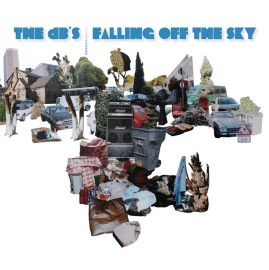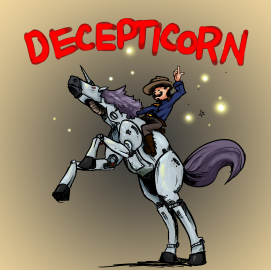Glen Hansard
Rhythm and Repose
Glen Hansard was an established presence in the Irish folk rock scene as The Frames’ charismatic front man long before capturing worldwide attention as “Guy” in the ubiquitous 2006 indie musical Once. Around the time of the film’s release, he produced a series of records with the film’s co-star, Markéta Irglová, under the moniker The Swell Season. Much of the pair’s success stemmed from the sublime contrast between Hansard’s coarse busker’s howl and Irglová’s beautiful, untarnished vocals. While The Swell Season’s vocal chemistry and emotional directness has taken them a long way, they struggled with inconsistent song writing and a steadfast adherence to formula. Similar song writing deficiencies prevail and are in fact aggravated by the overbearing production on Rhythm and Repose, the 42-year-old Hansard’s debut solo effort. Stylistically, the album finds Hansard in more muted voice, mostly simmering rather than unleashing his signature roar. But he tills over-worked ground. What results is an oddly calculated one-note outing. What Hansard puts forth here as genuine emotional intensity is insultingly banal, melodramatic and insubstantial. On Rhythm and Repose, Hansard merely masquerades as Van Morrison, lacking the creative spirit, lyrical prowess and enchanting mysticism of his musical forefather.
The dB’s
Falling off the Sky
“There’s no going back/ All those times are finished with and done/ You better wake up, wake up, wake up/ That time is gone.” After 25 years apart, seminal jangle pop band the dB’s have not only reunited with their original line up, but matured along the way, as the lyrics off of their opening track “That Time Is Gone” indicate. Falling off the Sky is comfortable, pensive and finds the band making pop music in a fashion as introspective and purposeful as they did in days of old without denying who they are now. The dB’s always seemed on the verge of hitting it big back in the 1980s, as they remained a band fans either loved or never heard of; real fame never really happened, causing the band to fall apart. Falling off the Sky finds both primary songwriters Peter Holsapple and Chris Stamey sounding a bit older, quieter, and more brooding than they did in the old days, but the truth is that unlike classic dB’s albums, Falling off the Sky has a lack of standout tracks; rather it’s enjoyable more for its familiar sound than for what the band does with it.
Metric
Synthetica
Synthetica opens with vocalist Emily Haines delivering the salvo “I’m just as fucked up as they say,” which makes a lot of sense since “fucked up” is probably the last thing anyone would say about Haines or her band Metric, who deliver here their fifth taking apart and putting back together of the words “electric” and “guitar” with lyrics that allude to inner turmoil then end it as easily as Haines follows through on verse-chorus rules. That’s not to say that Metric isn’t an easily enjoyable listen – their synthesizer swirls and repeating melodies follow through on the promise of their established brand, but there’s less here than the reflective motif wants to say there is. Following the opening, there is a careful questioning of the relationship between the self and electronic representation (“I make all that I believe”) voiced and left hanging in the air, question marks (“Is this my life?”) that can’t be easily resolved. But around the mid-album put-on sing-song of “Lost Kitten,” there begins to arise a whatever answer (“I’ll keep the life I’ve got”) that rejects the self-conscious struggle of album standouts “Breathing Underwater” and “Dreams So Real.” The turning of Metric’s robotic noises on itself dissipates into unchanging sound.
The Hot Moonbeams
Decepticorn
While they are now officially defunct, The Hot Moonbeams, which shone out of Langley, have released one final EP entitled Decepticorn. It’s a seven track album that does its best to stay somewhat relative to the garage rock genre. And while that’s a good thing if it works, and it does work to a certain success here, there are two breakaway tracks which really shine: the first being “Day of Rest” and the other “You May Be a Lover.” After you listen to Decepticorn it becomes fairly apparent why – these songs take after the styling of The Replacements very closely. If the entire album was like this, wow. But it’s not and it is more eclectic. If the band hadn’t reached its end, it would be very easy to get the idea that they were looking for a sound to cement with; along with the aforementioned, styles range from a ’90s staple to lo-fi surf. What is ultimately a real detriment to The Hot Moonbeams, though, is the production quality. The album comes across much like a demo – although that’s the case for many great bands’ early work. In all, it’s a very respectable showcase for one local band that is no more.





